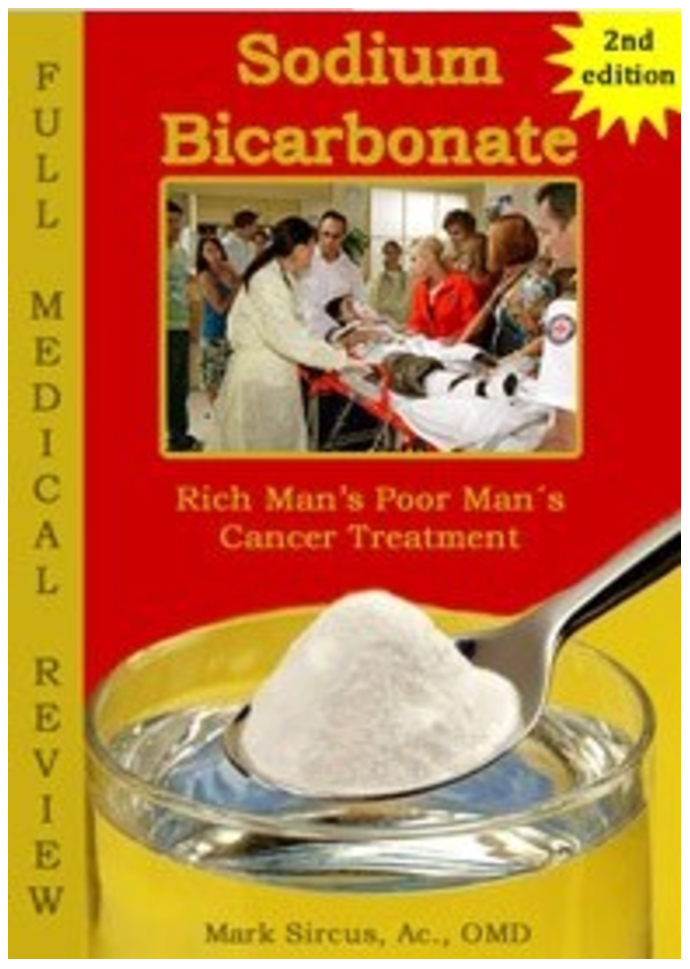 You’ve heard it before: everybody is super-stressed these days. Personally, I think a lot of it has to do with technology creep into our daily lives.
You’ve heard it before: everybody is super-stressed these days. Personally, I think a lot of it has to do with technology creep into our daily lives.
Technology was supposed to make our lives easier, and it does, but it also has allowed work and distractions to creep into our personal lives, causing stress because there is no separation and no boundary between the two.
I grew up in a family that had a chemical/technical translation business in the home (before there were personal computers!), and it was dysfunctional enough then without the separation of work and personal lives.
I think it’s worse for people these days. No one really goes on a true vacation any more because everyone brings their smartphones with them, which allows employers, clients, soccer teams, etc., to reach them even during down time.
So what can you do about it? Here’s one very important thing you can do, and I’m not saying it’s going to be easy, because if you’re stretched for time with an overloaded schedule, it’s one of the things you’re likely not doing on a daily basis: cut out the processed food.
Stress and food choice can be like a chicken-or-the-egg game: which came first? Processed food can exacerbate stress, and stress can lead to processed food cravings.
What Is Processed Food?
When I say “processed food”, I mean anything that comes in a bag, box or can. I also mean 99% of all restaurant food and prepared foods because these typically contain ingredients that I don’t consider healthy, such as added sugars, preservatives, additives, canola oil, soy oil or other vegetable oils. (Want more info about these unhealthy oils? Check out the Weston A. Price Foundation.)
The main reason to cut out processed food is because doing so will have an enormous impact on your health, both now and in the future. You’ll feel better, have more energy and get sick less often. You’ve probably heard this before, but why is this the case?
Processed foods typically contain refined sugars/carbohydrates and refined oils, two of the most unhealthy “foods” there are. Not only do they cause inflammation, which is a key component of any chronic health condition, but they also cause reactive hypoglycemia, which stresses your adrenal glands, which reduces your ability to handle stress and lower inflammation, which means you crave carby/bready/sugary foods that can raise your blood sugar quickly. It’s a vicious cycle.
In addition to being nutritionally deficient, these “foods” also cause nutritional deficiencies in order to metabolize them. It takes something like 50 molecules of magnesium to process one molecule of sugar. With Americans consuming 130 POUNDS of sugar every year, it’s no wonder most people are magnesium deficient these days! Magnesium is a critical mineral that is essential for relaxing the central nervous system.
Here’s What You Can Do
So here’s what you do: once or twice a week, cook a big batch of something that’s easy to throw together, like chili or stew. Eat half during the week, and freeze the other half for later. Do the same with whole grains, like brown rice or quinoa; you can freeze whole grains, too. (Need recipe ideas? Click here.)
Every day, you’ll need to cook fresh vegetables. Sounds hard, but it’s not, and it really doesn’t take too much time. My favorite ways for cooking them quickly are roasting with a little olive oil and sea salt, steaming or sautéing with garlic, olive oil and sea salt.
Try this for a week or two, and see if you don’t feel better. I’m betting you’ll be able to handle stress a whole lot better than you did before.
 I have to say, I was fascinated with the material in Dr. Mark Sircus’ book, “Sodium Bicarbonate: Rich Man’s, Poor Man’s Cancer Treatment” because it provides a fundamental framework for understanding the nature of disease: that chronic health conditions and diseases arise from an acidic state of the body.
I have to say, I was fascinated with the material in Dr. Mark Sircus’ book, “Sodium Bicarbonate: Rich Man’s, Poor Man’s Cancer Treatment” because it provides a fundamental framework for understanding the nature of disease: that chronic health conditions and diseases arise from an acidic state of the body. “A growing body of research suggests that sugar and its nearly chemically identical cousin, HFCS, may very well cause diseases that kill hundreds of thousands of Americans every year, and that these chronic conditions would be far less prevalent if we significantly dialed back our consumption of added sugars.
“A growing body of research suggests that sugar and its nearly chemically identical cousin, HFCS, may very well cause diseases that kill hundreds of thousands of Americans every year, and that these chronic conditions would be far less prevalent if we significantly dialed back our consumption of added sugars. A starchy, high-carbohydrate diet is associated with the recurrence of colon cancer.
A starchy, high-carbohydrate diet is associated with the recurrence of colon cancer.  Listen in to my
Listen in to my  Recovery from autism is possible. Most, if not all, cases have gut dysbiosis, which is fed by the Standard American Diet (SAD) full of sugar and processed foods.
Recovery from autism is possible. Most, if not all, cases have gut dysbiosis, which is fed by the Standard American Diet (SAD) full of sugar and processed foods.

